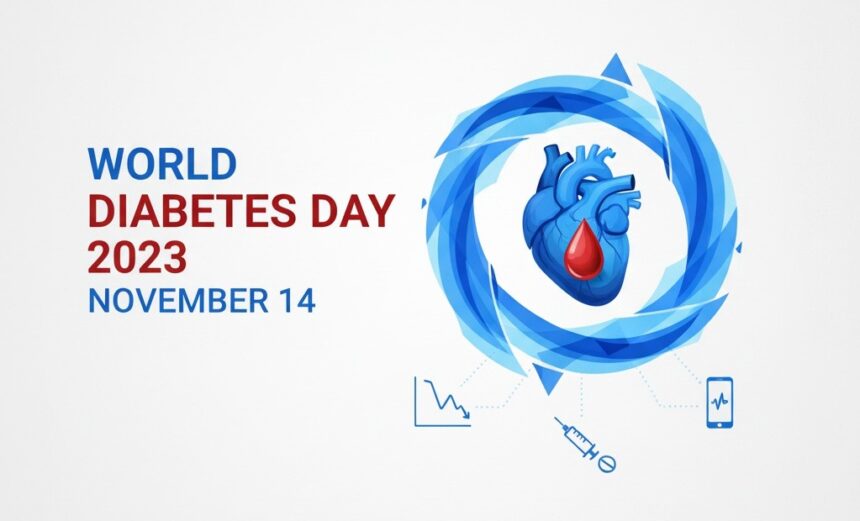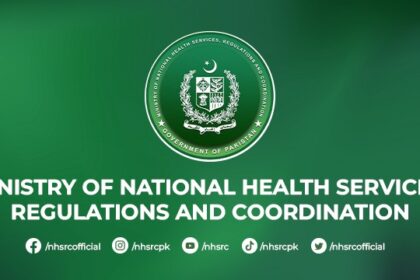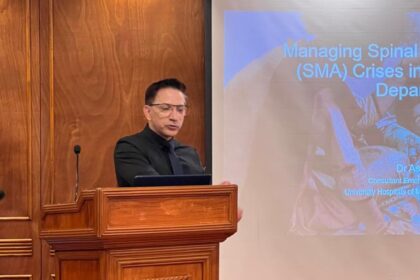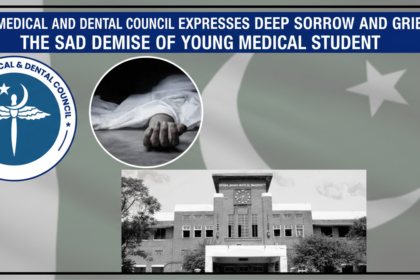A World Health Organization alert on World Diabetes Day says diabetes now affects an estimated 34.5 million adults in Pakistan, nearly one in three, giving the country the highest diabetes prevalence globally and accounting for more than 40 percent of cases in the Eastern Mediterranean Region.
In response to the alarming figures, WHO and the Ministry of National Health Services, Regulations and Coordination have launched an intensified nationwide campaign offering free diabetes screening in public hospitals and clinics to detect cases early and prevent complications such as blindness, kidney failure, heart disease, stroke and lower‑limb amputations that are rising as undiagnosed diabetes spreads.
Syed Mustafa Kamal, Federal Health Minister, said, “Today we observe World Diabetes Day to highlight the rising burden of diabetes in Pakistan. Through the Prime Minister’s Diabetes Programme, we are promoting early detection, free screening, and healthier lifestyles. I urge all citizens to know their risk, get tested, and take simple steps like healthy eating and physical activity,” and he thanked partners and the media for amplifying the life‑saving message.
Dr Luo Dapeng, WHO Representative in Pakistan, warned that “Diabetes is a silent killer, but we can all do our part to protect ourselves and our families by adopting a healthy lifestyle and regular medical checkups. Prevention is the best cure, and WHO will stand with Pakistan and its people to combat a disease that can be prevented or minimised through early detection and timely treatment.” The WHO stance underlines the urgent public health focus on Pakistan diabetes.
WHO estimates that four in ten people with diabetes in the Eastern Mediterranean Region do not know they have the disease, a gap leaving millions vulnerable to irreversible, preventable harm. Pakistan’s surge has been driven by rapid urbanisation, more sedentary lifestyles and unhealthy dietary patterns that have accelerated the spread of type 2 diabetes across cities and rural areas alike.
The global picture is equally troubling with WHO data indicating adult diabetes cases have quadrupled from roughly 200 million in 1990 to about 830 million in 2022, and projections warn cases could reach 1.3 billion by 2050 if trends persist, placing particular strain on low‑ and middle‑income countries such as Pakistan.
WHO stresses that type 2 diabetes is largely preventable through practical measures: balanced diets low in sugars, at least 150 minutes of weekly physical activity, routine screenings for those at higher risk, adherence to prescribed treatments and avoiding tobacco and excess sugar consumption. These steps form the backbone of the national response to Pakistan diabetes.
Screening camps are operating across major cities from Karachi to Lahore and Peshawar as part of the Prime Minister’s Diabetes Programme and partner efforts. Policymakers and health partners urge Pakistanis to get screened, understand their risk and adopt healthier habits now to help curb the country’s growing diabetes crisis.












